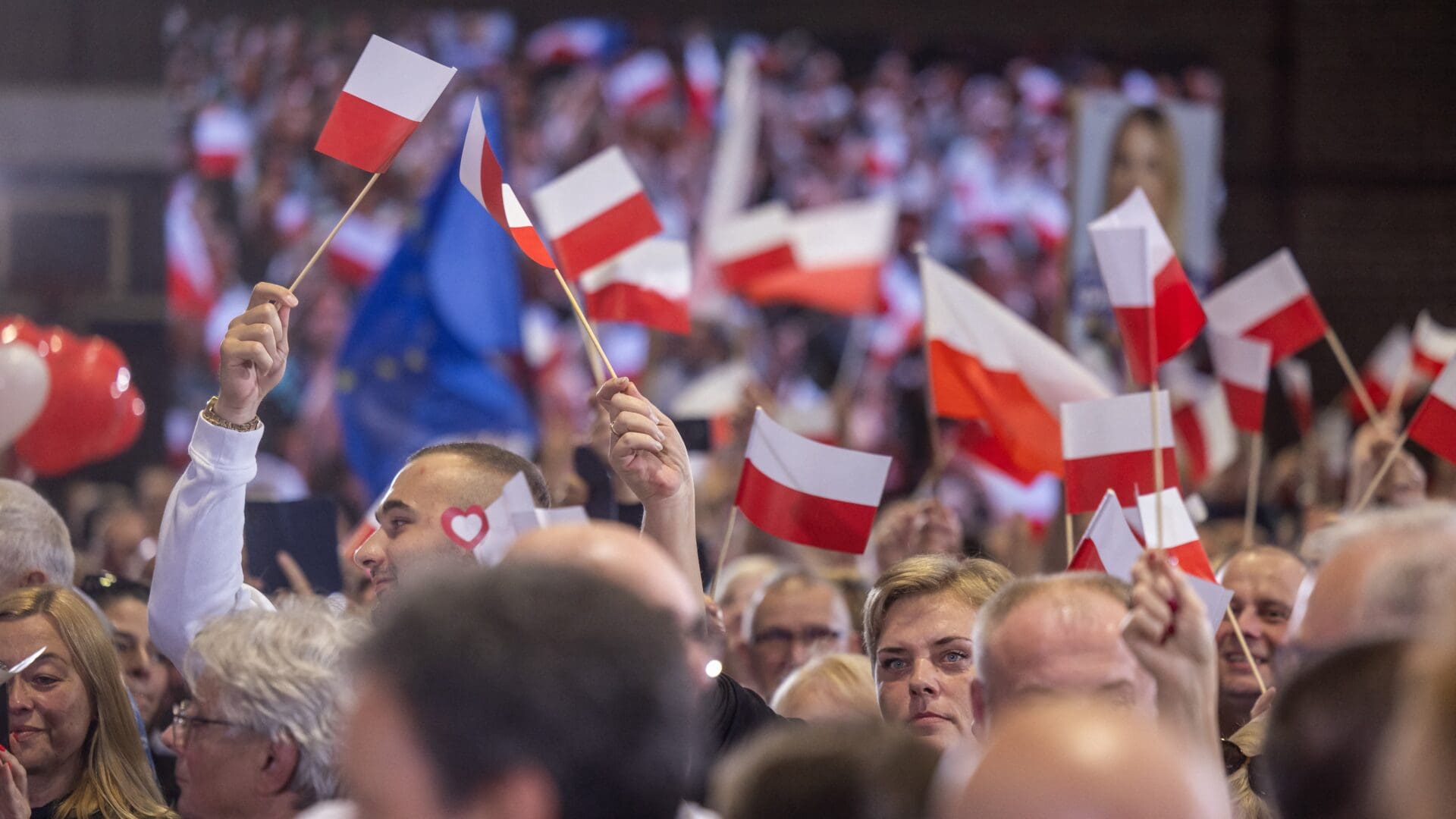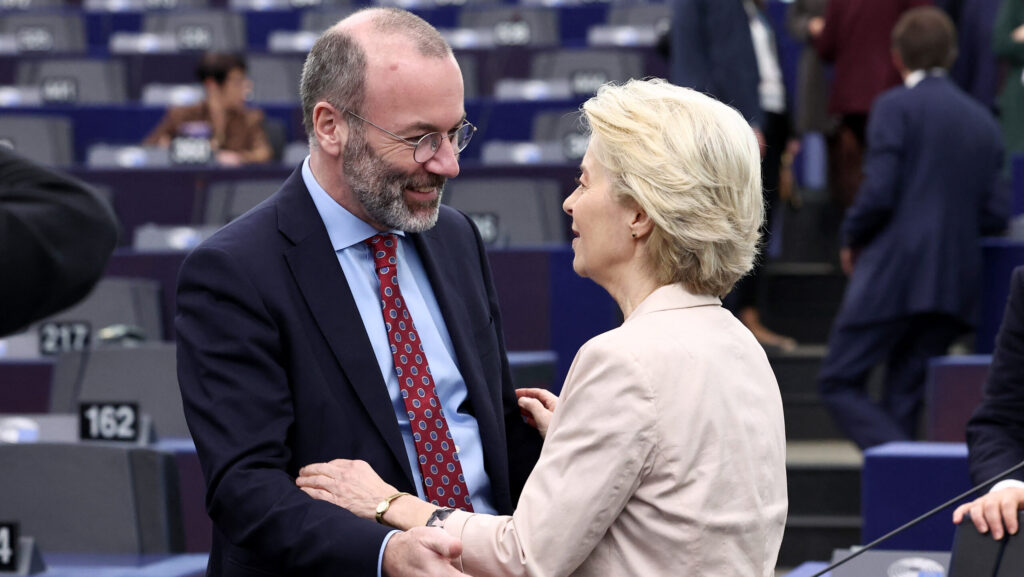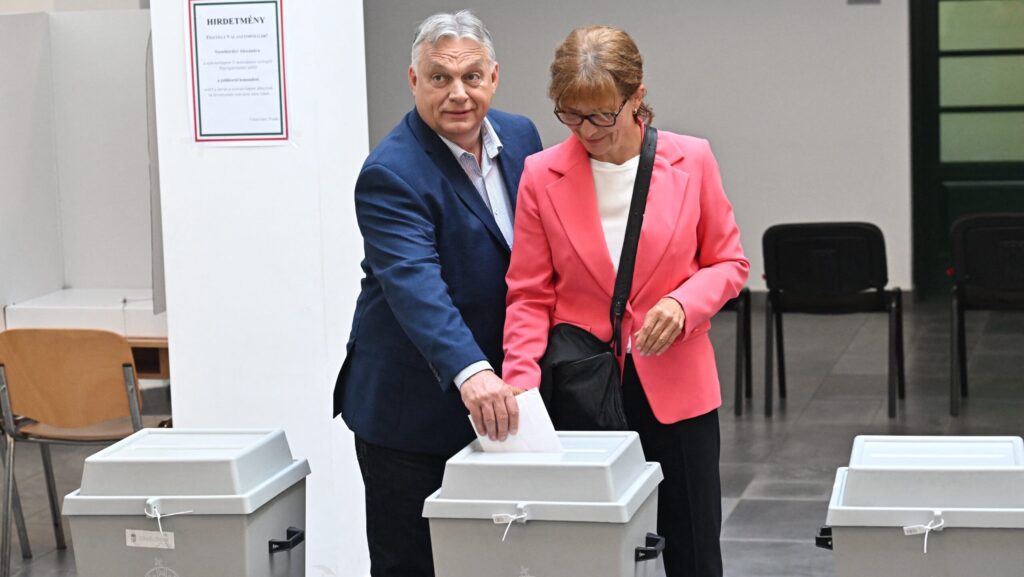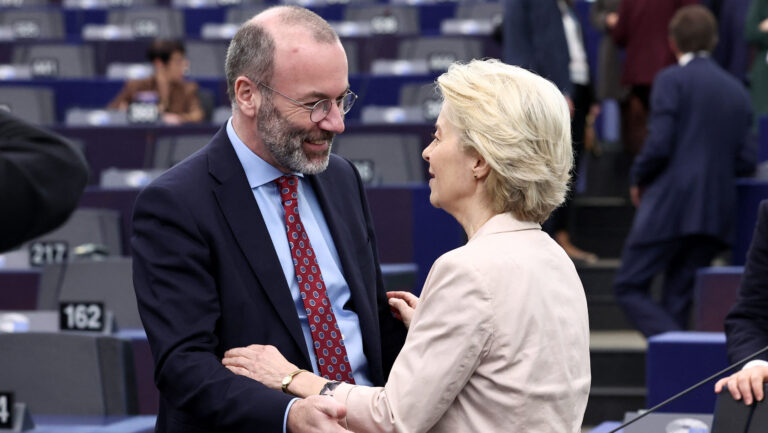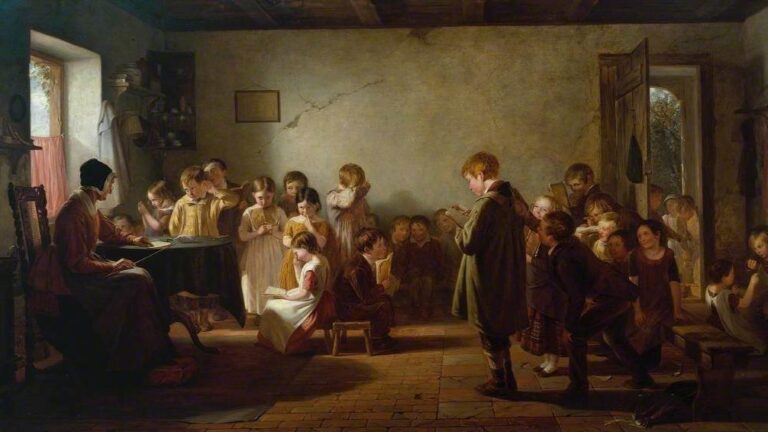What the elections in Poland have demonstrated above all is the utter lack of understanding by conservative circles of the impact of the socio-technical engineering by the new media targeting young generations. This failure calls into question the viability of conservative movements in Central and Eastern Europe.
The parliamentary elections in Poland will certainly be the subject of many years of electoral analyses, but for now, what needs to be explored is the current political situation, as well as what led to it, and what changes we can expect.
The election results clearly indicate that the ruling Justice and Law (PiS) party, which can best be described as a Christian Socialist federation, will not be able to form a government on its own. The only realistic coalition option seems to be an alliance with PSL, the Polish People’s Party, which will take over 30 seats from the electoral lists of the so-called Trzecia Droga or Third Way formation. However, this is an extremely unlikely alliance, which would have to be based on the proposal to hand over the prime minister’s position to the leader of PSL. Hence, it is most likely that if the President of the Republic of Poland entrusts PiS with the formation of a government, it will be an ineffective attempt that will most likely end in December this year.
In such a scenario, there will be an attempt to assemble a government based on a coalition of previously opposition parties, which consists of three electoral groups: Donald Tusk’s ‘Koalicja Obywatelska’ (PO), ‘Trzecia Droga’, and ‘Lewica’ (Left), who would return to power after 18 years. Such a coalition would essentially consist of over ten different political associations, which range from the extreme left to moderate conservatives, and express views ranging from socialist market economic to extremely liberal. While the alliance of these political parties that have no significant differences in terms of their programmes managed to consolidate their votes against PiS, it seems extremely unstable in terms of guaranteeing the functioning of a stable government.
Most likely, Poland will face tense weeks while the parties engage in government-forming negotiations, which will end with the creation of a coalition government that will no longer be a strong player in the international arena, and will incapacitate the sovereignty ambitions within the EU of the previous government.
Looking at the elections through the prism of the record high voter turnout —74.38 per cent of those entitled to vote took part in the elections—the following conclusions come to mind.
PiS clearly lost some voters due to its own mistakes, which included a restrictive pandemic policy; an unsuccessful attempt to tighten abortion law; an excessively lenient social policy towards the two million Ukrainian refugees accepted by the Polish state; lack of effectiveness in the political conflict with the EU; the introduction of economic restrictions as part of the ‘Nowy Ład’, or New Deal economic policy, which supported the clerical staff and painfully affected the growing number of middle-income people in Poland. The evident disappointment of some PiS voters translated into sympathy among conservative circles for the Konfederacja (Confederation) party, which, by exceeding the electoral threshold, did more harm to the ruling party than good in the division of parliamentary seats.
But even if one adds up all the mistakes PiS made, they were not closely as detrimental as
the lack of understanding on the part of the ruling party of the surrounding reality when building their political narrative and election campaign.
The civilizational conflict between axiomatists and progressivists results in juxtaposing all kinds of conservatives (‘right-wingers’, ‘populists’, ‘conservatives’, ‘nationalists’, ‘traditionalists’ are indistinguishable in the public debate) with those ‘who oppose them’. It has long been known that ideological elections are won not by gaining support for one’s own ideas, but by voting against a greater evil. And the opposition managed to implement this strategy brilliantly.
The effective exploitation of the sentiments of disappointment and hatred towards those in power and the embarrassment of parochial Polishness in opposition to an enlightened Europe triggered an incredible effect in the form of votes from young voters. Young voters most of whom, despite their youthful ideological fervour, do not recall the consequences of the rule of the opposition parties, especially the left-wing one, which they once again helped enter parliament.
This is partly the result of the educational policy pursued during the PO (Civic Coalition)/PSL government, when the dominant doctrine was the politics of shame and the abolition of historical awareness. And it was these people from the junior high school generation, systematically deprived of national consciousness, who became the current electoral generation voting got progressive groups. The successfully instilled need to fight the syndrome of embarrassment with one’s own national identity and the absence of a reliably verifiable electoral programme effectively influenced the emotions of young voters and, as it turns out, also the group of the best educated.
This phenomenon needs to be looked at in two ways. It seems that a two-party system would work effectively in Poland, because in Polish reality each third party is ultimately created by one of the dominant parties. PiS is a party that has been operating in the American system for years, and is unfit for the conditions of unaware voters, and turns out to be completely ineffective in a German-type political system, where the proliferation of parties with low public support is facilitated by the primacy of public relations over the voters’ political understanding. PiS, wanting to follow the American model, forgot to develop a party base that would allow for a real coalition. And unfortunately, if PiS wants to continue playing the American system, it will repeatedly lose until it starts implementing a consistent generational policy.
Because the dispute between the left and the right in Poland is a generational dispute that threatens the sovereignty of the state.
Once again it has been demonstrated that the lack of understanding by conservatives of the influence of culture on shaping elites, or rather pseudo-cultural elites, resulted in a progressive electoral turnaround.
The truth is that in a reality in which left-wing parties can count on the unwavering support of the media, foreign political forces and their capital, and conservatives inevitably must fight for survival on their own, the media’s role in shaping the narrative cannot be downplayed. It seems that PiS has failed miserably here. During the eight years of government, absolutely nothing was done to empower the national media. Moreover, no attention was focused on the fact that the milieu of modernist culture, which pushed the boundaries of acceptable behaviour to moral permissiveness, effectively re-educated the new generations of voters. Let’s be clear: if you don’t constantly engage new voters, sooner or later you will find yourself in a situation where your core electorate is a dying group. At the same time, the left- progressive electorate is constantly pampered by the academia, the cultural elite and its populist socio-technical stratum, and is constantly emboldened by ubiquitous relativism and cognitive modernism.
If the only driving force of the opposition parties is hatred towards PiS and an undefined desire for Europeanness instead of Polishness, then the political doctrine constructed in this way can only implement the short-sighted policy of foreign powers. There is, therefore, a real threat that
the nation’s interest and a strong sense of sovereignty will be replaced by recognition of the primacy of European law over Polish law,
and total capitulation regarding the veto rule in the EU.
These fears are confirmed by the effective anti-referendum campaign, which was vigorously implemented by all opposition forces. Over 33 per cent of voters did not take part in the referendum, thus renouncing their right to decide on the relocation of illegal immigrants, securing Polish assets, creating infrastructure to secure the eastern border and raising the retirement age. How many of these people deliberately gave in to anti-referendum persuasions and how many did not receive voting cards from the committees which, according to recently emerged information, engaged in mass obstruction regarding the issuance of referendum cards, thus breaking the law (sic!), remains an open question. In view of this direct attack on democracy, it seems opportune to open a debate on changing referendum rules so that a binding result does not require votes cast by at least 50 per cent of those entitled to vote, only 50 per cent of the votes of those voting in the referendum. A referendum law thus constructed could be a model tool for articulating social will and building decision-making power already at the level of local governments.
But there are other depressing conclusions to make. It is painful to admit, but in Poland, where the church used to be a pillar of morality and the bulwark of national attitudes and conservative values, which by definition are inseparable from the idea of God,
not only have high-ranking clergymen not supported conservative actors over the past years but they have turned out to be the silent allies of the modernists.
And I am not only talking about political decisions, such as the outrageous support for mass vaccinations, but also the lack of a clear voice of the Polish church regarding pro-abortion strikes, the vandalizing of churches, the disruptions of liturgies and the beatings of priests. And above all, the silent acceptance of the progressive modernization, not only of the liturgy, but above all of the dogmas of faith, which, especially in Poland, provided the moral spine for generations of citizens oppressed under communism.
In addition, there is a genuine risk that both the sovereigntist foreign policy and the modernization of Poland that have been embarked on will come into question. This will be most noticeable in the development of large investments that are a thorn in the side of German politics, including the gas port, nuclear power plants and the Central Communication Port. Secondly, existing social initiatives and the expansion of the army, which is Poland’s bargaining chip in American relations and make Poland NATO’s anchor in this part of Europe, will also be questioned.
When it comes to the consequences of the parliamentary elections in Poland in terms of future foreign policy, including Polish–Hungarian relations, several factors need to be considered. The relations between the two countries have clearly cooled in the context of the war in Ukraine. How much of that cooling is the consequence of an emotional and romantic ideological debate and how much of hard calculation including energy security, I leave as an open question.
In the current situation, we must also remember that Poland is to take over the EU presidency in the first half of 2025. Judging from the views of the politicians currently leading the opposition camp, we can expect complete submission to the debate on the rule of law, and thus a regression in the importance of the Intermarium initiative and its independence.
With this assumption, the question remains
to what extent Hungary can build an alliance with the Czechs and Slovaks within the Visegrád Group.
The situation prompts us to rethink the key elements of the V4 cooperation, which may strengthen the importance of the eastern flank and perhaps also relations with the Nordic countries. One of the consequences may be a potential Orlen-Synthos partnership in the diversification of energy supplies through the construction of SMRs (Small Modular Reactors).
An equally important question mark is how the interests of European countries will play out in the reconstruction of Ukraine. I suspect that the attempt to build a tough Polish–American alliance will shift to a pro-German partnership, which will completely change the shape of Warsaw’s current foreign policy, among others in the field of energy security, relations with NATO and migration policy.
Ultimately, the parliamentary elections in Poland showed what Jan Zamoyski had emphasized already in the 17th century: ‘The future of the Republic will be decided by the education of its youth.’ And this postulate, in light of the cultural revolution in the West, should be carefully considered by conservatives, and not only in Poland.
Read more:

